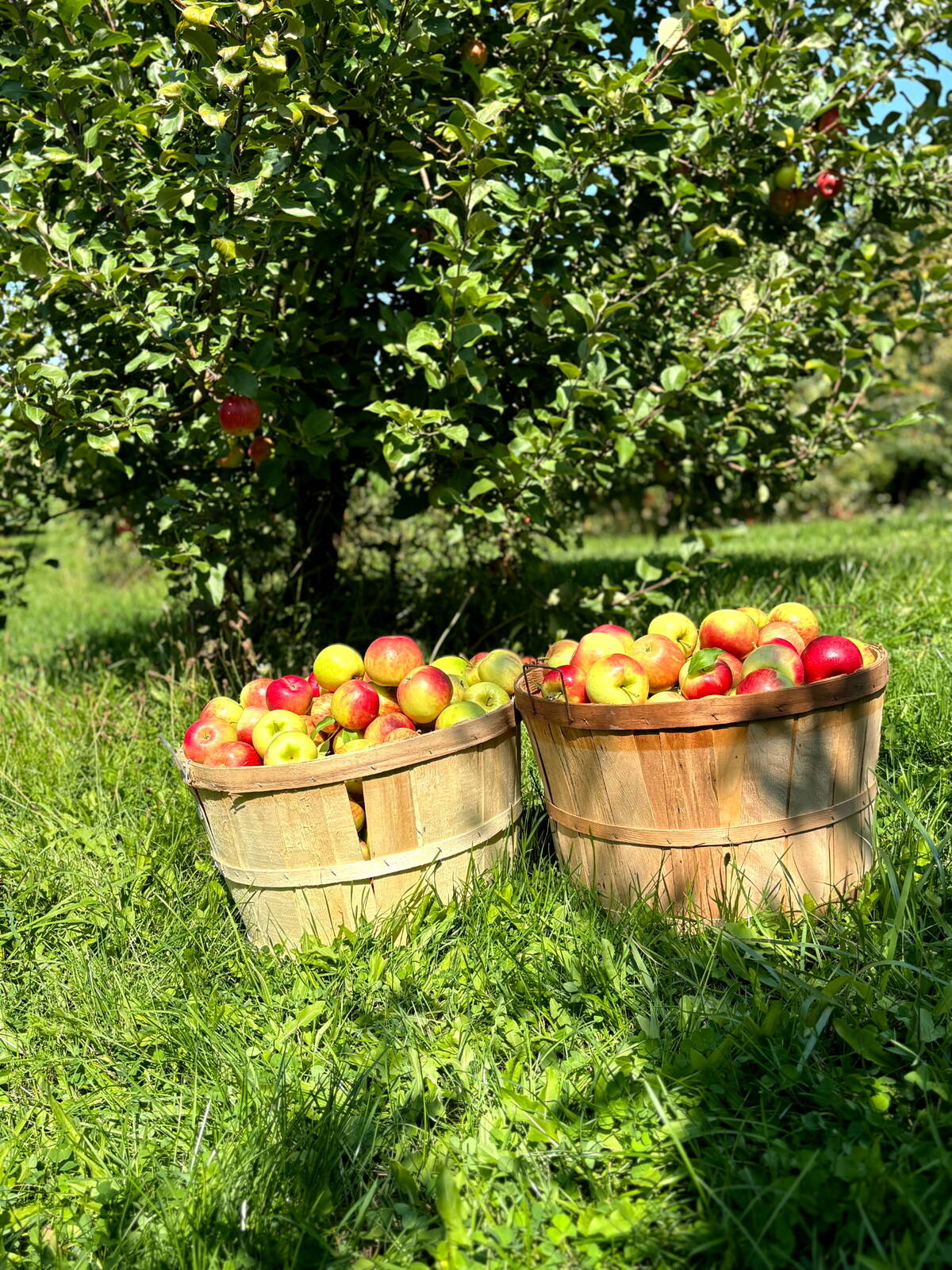Death and divorce are not the most uplifting subjects, but farm families need to think about them. The former is inevitable, the latter is common, and both can have devastating effects on farm businesses.
According to legal and financial experts, though, there are ways to help protect the family farm.
Why it matters: Untimely death and divorce can ruin a farm business. Taking steps to protect against these factors is important.
Read Also

Farmers taking to social media to spread the word about the cost of farm thefts
A rash of farm thefts in Ontario have left farmers looking for new ways to help customers understand the cost of stealing goods.
Have a marriage contract
“I cannot stress enough how much of a toll litigation, emotionally and financially, can be,” says Robert Scriven, a Waterloo-based lawyer specializing in agricultural law and litigation on behalf of farmers and farm businesses.
According to Scriven, there has been “rapid growth” in estate litigation in recent years. But since starting as an agriculture-focused lawyer in 2012, he has also seen marriage contracts increase in popularity.
These, he says, are one of the best investments farm families can make in protecting what is often generations of accumulated wealth. About half of his smaller and medium sized clients, and close to 95 per cent of his larger ones, use them. They are employed in conjunction with estate planning with the incoming generation as they take over or transition into the family farm.
“More farm families are promoting the idea of marriage contracts for members who are going to start working on the farm, taking over, getting an equity position,” says Scriven.
It’s also important to ensure marriage contracts are done correctly. That means taking the time to get the right legal and accounting advice, and putting reasonable terms to paper. Scriven says marriage contracts are often deemed valid if properly designed, even if the contract can be considered one-sided. This is because courts recognize that competent adults can make bad deals — provided they know it was a bad deal, and it wasn’t made under duress or from an unequal bargaining position.
Len Davies, a business continuity planner and farm succession expert based in Muirkirk, says enacting an estate freeze before a succeeding married couple invests in or is gifted part of the farm can also provide some protection. Doing so means a farm’s current value is locked-in, though the younger couple still have the opportunity to create new gains. Similar strategies can be employed with partnership agreements in non-corporation business structures.
Another less common method of protecting farm values (generally farm shares) involves putting equity in a family trust with an unmarried child as the beneficiary. If the child then gets married and goes through a subsequent divorce, the leaving partner can’t access the trust because it technically does not yet belong to the other partner.
“Every situation is different. When [a couple] do have shares, they need a marriage agreement,” Davies says. He also reiterates that, while the farm needs to be protected, it’s important to get spouses and succeeding family involved on some level. That means taking things one step at a time, and reevaluating over time.
“If you’re going to give an in-law something I think you should give them an opportunity of growth,” he says.
Creativity in conflict resolution
During the divorce process, Scriven adds creative thinking can go a long way in resolving conflict.
This could include:
- Proposing the exiting spouse leave equity in the business for the benefit of farm children.
- Having the exiting spouse take a second-place mortgage so their equalization is protected over time — rather than taking a large sum out of the business all at once.
- Selling or transferring a portion of the farm operation (such as a single parcel of land) to satisfy an equalization payment, but entering into a long-term lease with the opposing partner.
“There are all kinds of options. Having the spouse leave money in a farm operation is probably the best one,” Scriven says, adding everything is made easier if steps are taken to not antagonize one another.
“You generally provide yourself more options when it doesn’t get acrimonious.”
Davies expresses a similar sentiment. While agreements can be challenged, the fairer they are the less likely a challenge will arise. Given how valuable farms are, creative solutions — such as including clauses that allow people to buy back parts of a business for not unreasonable costs — are more important than ever.
“You always have to plan for the worst-case scenario when everyone is happy.”
Keep estate wishes up-to-date
Many farm families develop estate and succession plans proactively. However, Scriven says it’s also common for farmers to mean well, but not get to it in time.
“There are cases where the plan was always known, but all of a sudden someone dies and the house of cards folds,” he says. “Good estate planning, particularly for high value or complex estates like farms, ought to be revisited at least every five years.”
He also reiterates there is “no such thing as a verbal will.” All plans need to be reinforced with the right, rigorous documentation.
Additionally, Davies says shareholder and other types of agreements can help ensure family members know how to proceed in settling an estate. Whether after the death of a parent or the death of a successor, the remaining party should understand what needs to happen in order to keep the business running — assuming that’s desired. This can include determining what life insurance investments would be required to buy back land or assets previously owned by the deceased.
How younger farmers can protect investments
Scriven says the younger generation can often find themselves in a position where they’ve contributed capital and years of work but could lose the opportunity for reward when the promise or expectation they will take-over the farm does not materialize. The situation can be further complicated if other individuals — say, a sibling who is otherwise not involved in the operation — feel entitled to a share of the farm’s value.
Family members who have contributed to the farm, but are not on title, can claim a “Constructive Trust.” More specifically, the claim can be employed for “equitable remedy” compensation when a person has provided money or labour, but is left out of a business deal (e.g. a farm sale). It’s a concept Scriven calls sweat equity, and one he encourages families consider for any estate plan.
Scriven adds, however, there is no guarantee the claim will work in the claimant’s favour.
“You cannot work people for a decade and expect them to go away for nothing. There is liability there,” he says.
Good advice is critical
Both Scriven and Davies say getting good legal and financial advice is essential during estate planning, and while working through unforeseen crises.
Davies encourages farm families to find people with expertise on the unique subject at hand — the same way, he says, someone goes to a specialist rather than a general practitioner for a unique medical issue.
“You have to make sure your tax advisor and legal person has experience in doing it. Don’t take for granted they can do it,” he says.













